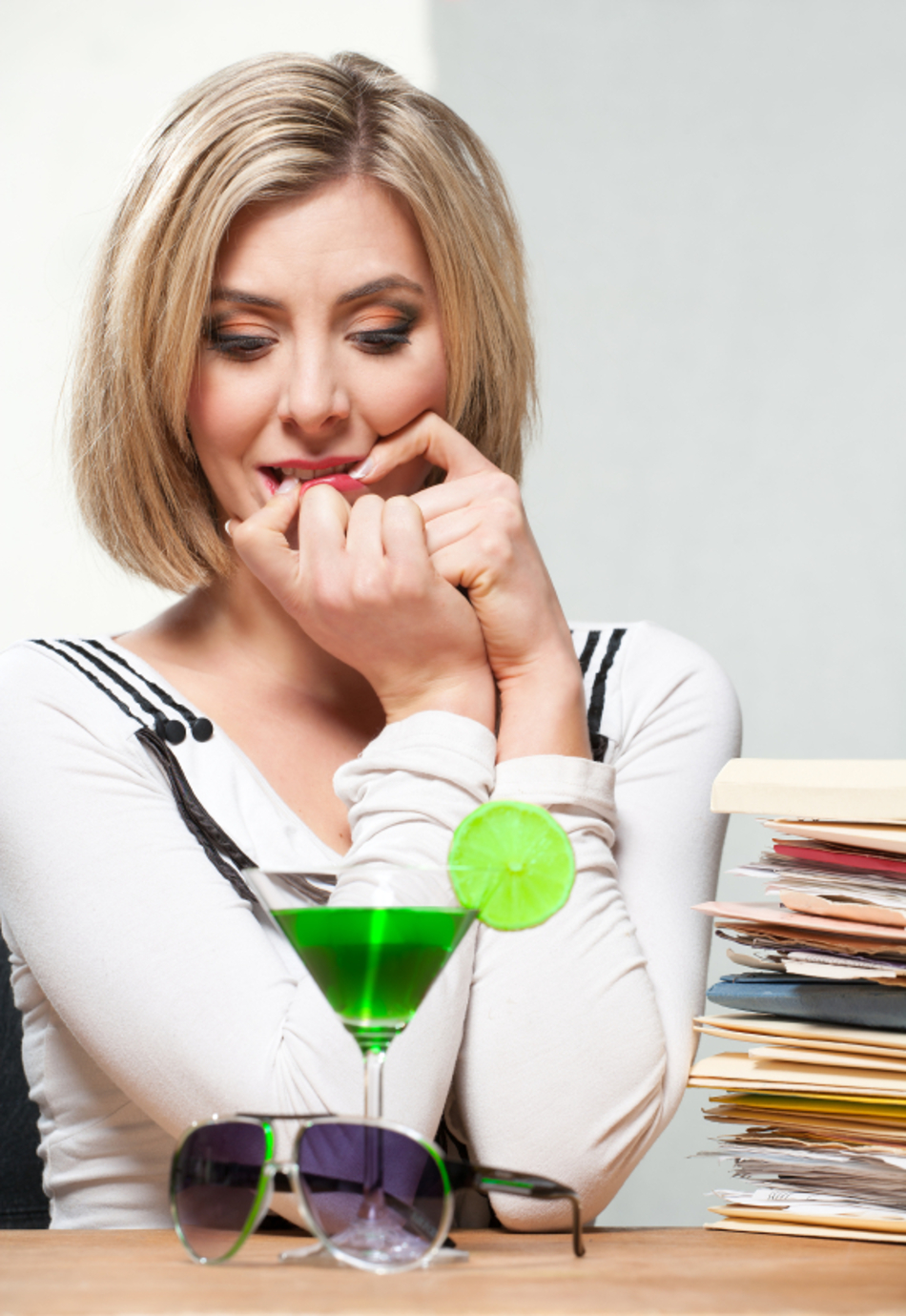
Episode Transcript
Announcer: Medical news and research from University Utah physicians and specialists you can use for a happier and healthier life. You're listening to The Scope.
Dr. Jones: It is okay to drink to relieve stress? I would say, probably not on a regular basis. Now, I have often had days, personally, when my day was just awful, and it was stressful, and I am thinking in the clinic, "Oh I just want to go home and have a drink." In fact, those are specifically the days I don't drink. Those are the days when I need to be on top of my game to handle what's going on at home. So, if I'm already stressed, and I'm going home to a social situation, I want to be on the top of my game. I don't want to be affected by alcohol in my relationships with my husband, or my kids, or my friends, so I specifically would say learn other techniques to help deal with your stress.
When you get home, instead of opening that bottle, do you have time to go for a little walk? Exercise is a great stress reliever, and you don't have to run and get sweaty. Just go outside, look at your neighbor's garden, just walk up and down your neighborhood for half an hour if you've got the time. Maybe only 20 minutes. Take a deep breath. When you get home, sit down, and if you've got lots of kids, go in the bathroom and shut the door. Sit in the bathtub for a little bit. Sit on the potty if you don't have time for a bath, or you don't have a bathtub. But you know, it turns out for most families the bathroom is private time, so go in there, shut the door, and take a deep breath.
Count your blessings. You're home now. And take a deep breath because you do want to be at the top of your game when you get home after a busy day. If home is the source of your stress, therefore, and you can't get away because you're at home full time, that's where you need your girlfriends, you need your walking, you need your bathtub, or you need your clinician to help you deal with the stress at home. So, I would say the people who probably shouldn't drink are the people who are stressed.
Having said all that, this is probably more than you wanted to hear, if the stress reliever is a social situation; so, you had a stressful day and you and your buddies go out for a drink and it's really the social situation which is decreasing the stress. You're with someone who you can gripe with and you can laugh with. Having a drink in that social situation, as long as you're not driving home, is probably a fine thing because the stress reliever is the social situation. But if you're going home alone, going home to children, or you're at home alone or with family, and you're drinking to relieve stress, not in a social situation, I'd say it's a bad idea.
It is definitely a habit that women have to use alcohol to relieve stress. It's pretty effective actually. Alcohol is a downer, so alcohol is a sedative. So if you're all wound up, and your hearts beating, and you're stressed out, alcohol can definitely make those symptoms of stress go down. The problem is alcohol interferes with your ability to make good decisions, and that's a problem, particularly if you're stressed. Number two, alcohol interferes with your sleep. It may make you sleepy originally, but it inhibits REM sleep, so often people wake up at 3:00 or 2:00 at night, and they can't get back to sleep, or often they wake up with their heart pounding.
So, it's a little counter intuitive to say, yes, temporarily it relieves stress, but you don't always think as clearly after you've been drinking, and you don't sleep as well. And both of those are going to impact how well you deal with stress tomorrow. So, it can be a habit. It's a habit worth breaking. And it's habit worth substituting with more both social acceptable and personally healthy ways of dealing with stress.
Announcer: We're your daily dose of science, conversation, medicine. This is The Scope, University of Utah Health Sciences Radio.